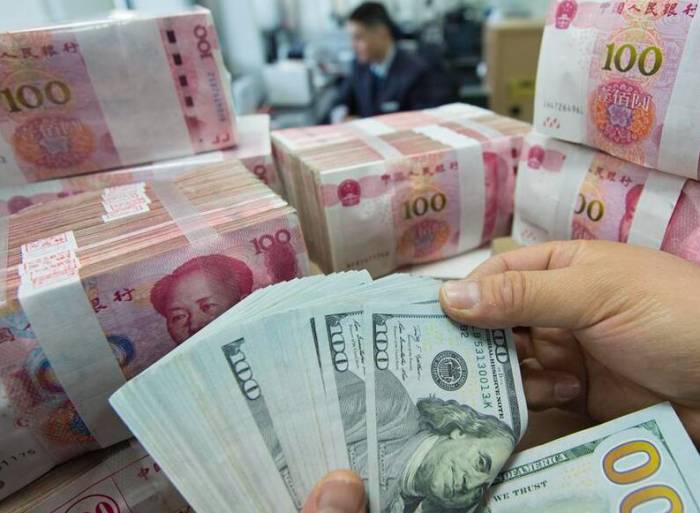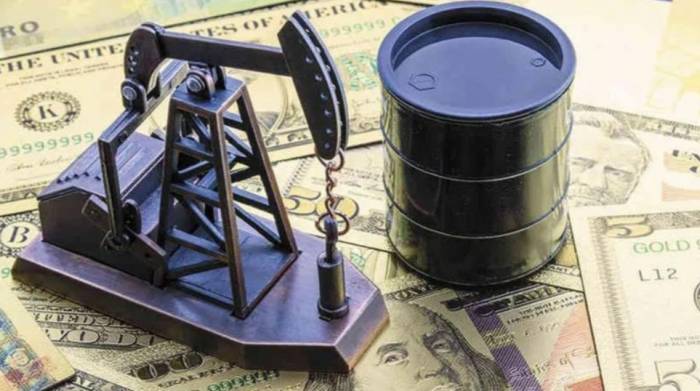1.
Boeing Strike: On the 8th of this month, Boeing announced that after tense negotiations with the union, a four-year agreement had been reached.
The agreement will bring a 25% wage increase for union members, as well as enhanced retirement benefits and increased paid leave.
However, it is clear that employees are not satisfied, with some demanding a 40% pay raise and their initial request for a year-end bonus.
On September 13th, a strike began at Boeing's factories on the West Coast of the United States, involving approximately 33,000 people.
Ryanair's CEO, O'Leary, revealed at a press conference that the strike by Boeing's employees could have a significant impact on their future delivery plans.
Boeing's production capacity is facing numerous challenges, not only from the strike but also from significant supply chain issues.
Boeing itself estimates that it may take 2-3 years to recover its production capacity.
This has forced airlines reliant on Boeing aircraft, such as Ryanair, to reevaluate their future expansion plans.
2.
Supply Chain Issues: Since the outbreak of the COVID-19 pandemic, the global aircraft manufacturing industry has been continuously facing supply chain tensions, with Airbus and Boeing being the most affected.
Reuters recently cited industry insiders' analysis stating that although the shortage of aircraft parts and delivery delays have somewhat eased, the global aircraft manufacturing supply chain tension may last for another two years.
Regarding the specific supply chain issues faced by Airbus and Boeing aircraft deliveries, insiders have revealed that the procurement time for components such as metal parts and windshields is currently 2 to 5 times longer than before the pandemic.
The Boeing strike has greatly increased pressure on upstream suppliers, leading to forced layoffs or reduced production capacity.
Upstream suppliers are inevitably in turmoil, and once production capacity is reduced, it is not easy to recover based on past experience.
3.
Airbus Delivery Situation: The supply chain issues have also affected Airbus's normal production.
This year, Airbus has already notified customers that some aircraft scheduled for delivery in 2025 and 2026 may violate the final delivery deadlines stipulated in the contracts.
Airbus plans to deliver 800 aircraft this year, but as of the end of August, only 447 have been delivered.
At this pace, it is possible that less than 700 aircraft will be delivered for the entire year.
4.
The situation with existing aircraft is also not optimistic.
The durability of the new generation of engines seems to be declining, especially for the A320 aircraft equipped with Pratt & Whitney engines.
According to Shenwan's data, after the peak of the summer travel season, there were 105 aircraft with no flight records in 7 days, and 98 aircraft with no flight records in 14 days, all of which were sent for maintenance.
This number is the highest in recent years.
With insufficient new aircraft additions and declining durability of existing aircraft, there is also the issue of converting passenger aircraft to cargo aircraft, especially when cargo capacity is very tight.
It can be anticipated that there will be a shortage of existing aircraft in the future.
5.
After analyzing the supply situation, what about demand?
One is passenger transport; domestic tourism demand is still strong, and there has been a phenomenon of tourism sinking in recent years, with a significant increase in regional passenger transport volume.
For airlines operating regional routes, this may be an even better situation.
The second is air cargo, where demand growth is very fast, mainly due to the vigorous development of cross-border e-commerce.
The spot price of air cargo hit a new high in the first week of September.
Capacity is currently very tight.
Speaking of which, the investment opportunities are also very clear: one is the airlines with strong regional demand that will benefit from future supply and demand mismatch with higher ticket prices (increased revenue) and lower oil prices (cost improvement).
The other possibility is SF Holding, which has the most cargo aircraft in China.





























